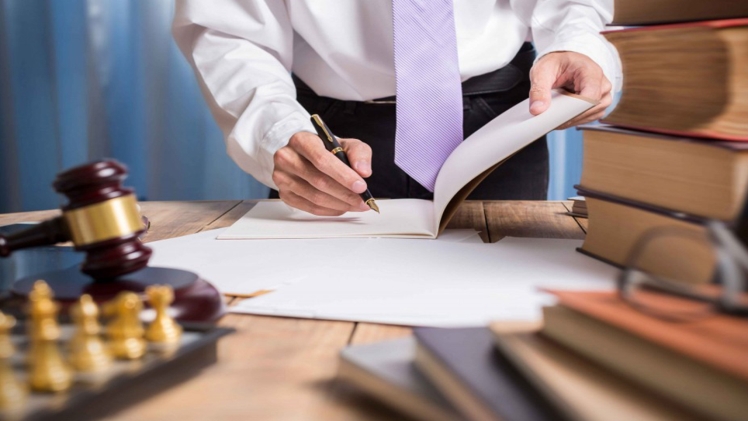Many people have the misconception that only the rich and wealthy people need to have their estate planned. This is why most Americans lack basic estates planning documents, such as will and trust. However, planning what happens to your properties if the unexpected happens can save your family from a lot of trouble.
Estate planning can be tough, and planning what happens after you die is not a conversation that you look forward to. An estate planning attorney can make it easier for you by presenting you with ideal options to make sure your goals are met.
Reasons to consider estate planning
-
To plan for your own needs.
An important step in estate planning is determining who will make the decisions on your behalf if you are unable to do it because of some reason. If you become severely ill or are unreachable due to being in a different location, your attorney can handle the financial and legal matters to make sure these decisions are made in your and your family’s best interests.
-
To avoid probate.
Probate refers to validating the deceased’s will, paying their remaining taxes and bills, determining and putting a price on the assets, and distributing the assets to the beneficiaries. Probate procedures can take a long time and keep beneficiaries from receiving the funds and the assets. Therefore, you should avoid probate by creating an estate plan.
-
To protect beneficiaries.
You do not have to be ultra-rich to have assets and funds that your loved ones can use after your passing. You can protect them by leaving behind your assets and mentioning exactly who gets what to avoid confusion and argument. If you do not leave behind a plan, the courts will decide who gets your assets, a process that can go on for more than a year.
-
To incorporate philanthropic planning.
Philanthropic goals refer to promoting the welfare of others. Some people have philanthropic goals either from a legacy, personal fulfillment, or generational connection. An estate plan makes sure your philanthropic goals are met. You can choose a charitable cause, choose which assets you wish to give, and determine how to make your gift.
-
To protect young children.
Nobody wants to die before seeing their children have successful careers. However, death is unexpected, and you need to be prepared for the unthinkable. To make sure your minor children stay protected after your passing, you will want to choose who gets to raise them. If you do not plan it beforehand, the court decides where your children will stay.
Conclusion
If you want your assets protected when you can no longer do it, you will need an estate plan. Without a plan, your loved ones could face tax burdens, and you allow the court to decide what to do with your assets and children.

